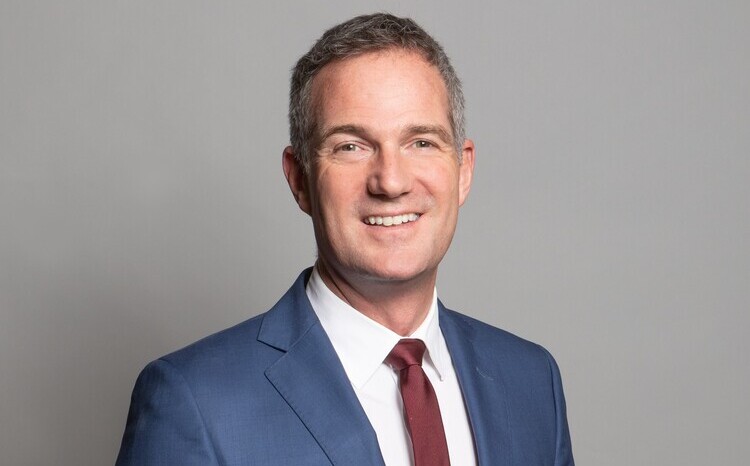Science and technology secretary Peter Kyle has announced the launch of a regulatory office, which will support the healthcare sector to deploy AI innovations safely.
The Regulatory Innovation Office (RIO) aims to reduce the burden of red tape for businesses hoping to bring new products and services to the market, so they can reach the public faster and help boost the economy.
A press release, published by the Department for Science, Innovation and Technology (DSIT) on 8 October 2024, says that the RIO will “support regulators to update regulation, speeding up approvals, and ensuring different regulatory bodies work together smoothly”.
It adds that the RIO will initially support four areas of technology: AI and digital in healthcare, connected and autonomous technology, engineering biology and space.
The RIO will work with the Department of Health and Social Care to help safely deploy AI innovations, such as AI training software for surgeons.
In a statement, Kyle, said: “From breakthroughs that could help doctors diagnose illnesses earlier to satellite navigation for more accurate weather forecasting and getting emergency supplies to where they are needed, quickly and effectively, RIO will make sure UK companies are at the forefront of the next generation of technologies.”
Applications are being welcomed for the RIO’s first chair, who DSIT says will be appointed to “lead the charge in backing business and safe innovation, and work with regulators and partners to shape a regulatory environment that is fit for the future”.
The office will bring regulators together and work to remove obstacles and outdated regulations to the benefit of businesses and the public by continuously informing the government of regulatory barriers to innovation, setting priorities for regulators which align with the government’s broader ambitions and supporting regulators to develop the capability they need to meet them and grow the economy.
It has been established within DSIT, where it will incorporate the existing functions of the Regulatory Horizons Council and the Regulators’ Pioneer Fund.
The government has also outlined how it will approach quantum regulation, in its response to the Regulatory Horizon Council’s report on quantum technologies, published on 8 October 2024.
This is the first step in regulating innovation in this technology which is aimed to increasingly underpin powerful computers, in sectors from healthcare to national security.
In July 2024, DSIT announced £100 million funding for research hubs to develop quantum technologies for fields including healthcare and cybersecurity.
The hubs are intended to be centres for advancements in areas like quantum-enhanced blood tests, faster MRI scanners, and new surgical interventions and treatments.
Meanwhile, in May 2024, the Medicines and Healthcare products Regulatory Agency launched its regulatory sandbox, AI Airlock, to address the challenges in regulating medical devices that use AI.









/cdn.vox-cdn.com/uploads/chorus_asset/file/24224761/226417__Amazon_Kindle_Scribe_AKrales_0305.jpg)

